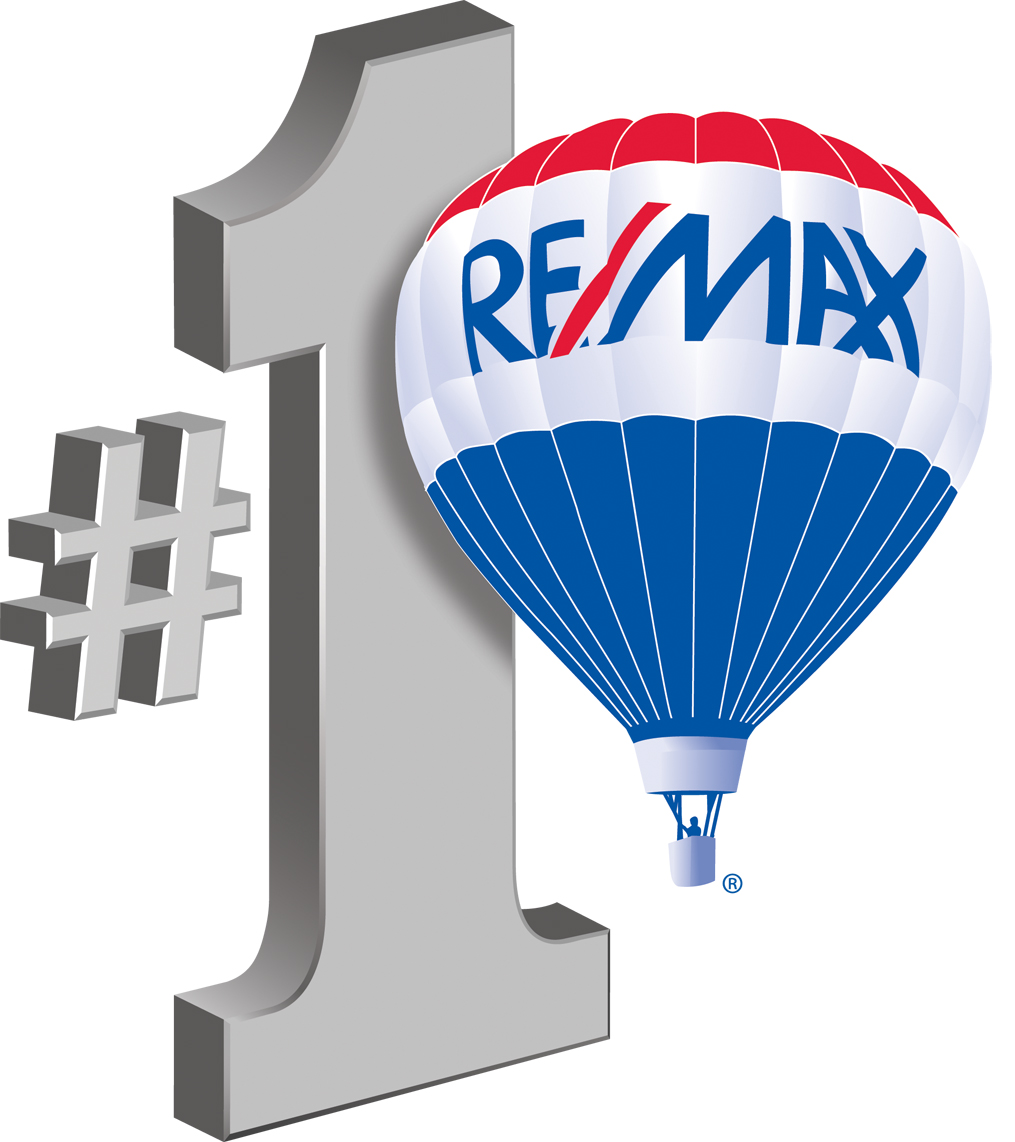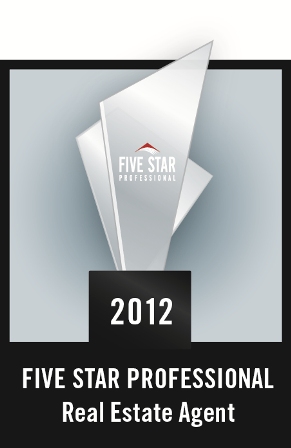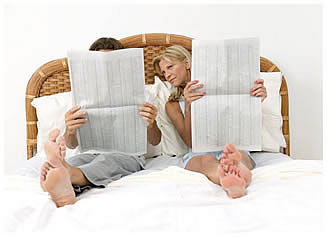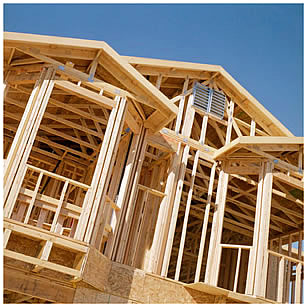Joe Cannizzaro

203-449-8108 (mobile)
203-638-0344 (V-Mail)
JoeCannDo@sbcglobal.net


 Homeownership remains one of the highest goals for many people because of its many benefits. Along with owning a home comes a sense of security and belonging that cannot be found elsewhere. For many, homeownership represents personal and financial success.
Homeownership remains one of the highest goals for many people because of its many benefits. Along with owning a home comes a sense of security and belonging that cannot be found elsewhere. For many, homeownership represents personal and financial success.
There is much personal satisfaction in living in a home that you own. A home is a valued investment that can have many financial advantages and tax benefits. The interest you pay on a home loan and the real estate taxes you pay on your home are among the few major federal tax deductions. Owning a home is the primary way most people build wealth.
Homeownership is also good for our communities, because families who own their homes are more involved in their communities and participate in local events.
The rewards of homeownership include:
 Obtacles in Home Ownership
Obtacles in Home OwnershipStill, for many Americans, owning a home continues to remain just slightly out of reach. For more and more families, saving the money for a down payment is the biggest obstacle to homeownership. Many people mistakenly believe that you have to come up with a down payment equal to 20 percent of the price of a home.
Traditionally, lenders have required that home buyers be able to make a down payment of at least 20 percent of a home’s purchase price to get a home loan or mortgage. Mortgage lenders, however, will grant home loans to qualifying home buyers with a down payment of as little as 3 to 5 percent of the purchase price if the mortgage is insured.
In fact, home loans with down payments of less than 20 percent are becoming increasingly popular. They are called “low down payment mortgages.”
This is good news for the millions of home buyers who are finding it difficult to save a large down payment, especially for their first house.
What Makes the LOW-DOWN PAYMENT Possible
Simply put, mortgage insurance protects the mortgage lender against financial loss if a homeowner stops making mortgage payments. Lenders usually require insurance on low down payment loans for protection in case the homeowner fails to make his or her payments. When a homeowner does not make mortgage payments, a default occurs and the home goes into foreclosure. Both the homeowner and the mortgage insurer lose in a foreclosure. The homeowner loses the house and all the money he put into it. The mortgage insurer has to pay the lender’s claim on the defaulted loan.
For this reason, it is crucial that the family buying the home can really afford it — not only when they buy it, but throughout the time period of the loan.
Although the cost of mortgage insurance is paid by the home buyer, or borrower, the mortgage insurer works directly with the lender. Mortgage insurance is available to commercial banks, mortgage bankers and savings & loans, all of which offer mortgage loans to home buyers.
Remember that mortgage insurance is not the same as credit life insurance, also called mortgage life insurance. This type of policy repays an outstanding mortgage balance if the person who took out the insurance policy dies.
The lender’s decision to use mortgage insurance is driven by the requirements of investors in the mortgage market. Because of the losses that could occur, major investors require mortgage insurance on all loans made with low down payments.
The three primary investors in home loans are the Federal National Mortgage Association (Fannie Mae), Federal Home Loan Mortgage Corporation (Freddie Mac) and Government National Mortgage Association (Ginnie Mae). By purchasing and selling residential mortgages, Fannie Mae and Freddie Mac help keep money available for homes across the country.
Unlike Fannie Mae and Freddie Mac, Ginnie Mae does not actually buy the mortgages. It adds the guarantee of the full faith and credit of the U.S. government to mortgage securities issued by private lenders.
Now that we have explained how mortgage insurance works and why it is necessary, let’s look at the basic kinds of mortgage insurance. Low down payment mortgages can be insured in two ways — through the government or through the private sector.
Mortgages backed by the government are insured by the Federal Housing Administration (FHA) or guaranteed by the Department of Veterans Affairs (VA) or the U.S. Department of Agriculture’s Rural Housing Service (USDA-RHS).
The minimum effective down payment FHA requires is less than 3 percent. For single-family homes, there is a limit on the loan amount that varies according to geographic area.
Although anyone can apply for FHA insurance, the other two government mortgage guarantee programs are much more targeted. The VA program is limited to qualified, eligible veterans and reservists. The USDA Rural Housing Service insures loans for the construction and purchase of homes in rural communities. These programs are very specialized, so contact your lender for details.
EARLY ON IN THE HOME-BUYING PROCESS, IT IS A GOOD IDEA TO MEET WITH SEVERAL LENDERS TO COMPARE THE TYPES OF MORTGAGES THEY OFFER AND SHOP FOR THE BEST PRICE AND TERMS.
Obtaining conventional financing is the alternative to obtaining a home loan backed by the government. Conventional mortgages are all home loans not guaranteed by the government, including those guaranteed by private mortgage insurers.
Although both government and private insurance are based on the concept of allowing families to get into homes with less cash down, there are many differences between the two. Often the lender or loan originator will play an important role in suggesting and deciding which insurance is selected.
Private mortgage insurance is available on a wide variety of low down payment home loans and there is no pre-set limit on the loan amount. Although differences such as these may affect whether the lender prefers to work with government or conventional mortgages, your lender will discuss with you which one would be better for your situation.
With the wide variety of loans available, home buyers have the freedom to choose the type of loan that best suits their needs. Early on in the homebuying process, it is a good idea to meet with several lenders to compare the types of mortgages they offer and shop for the best price and terms. Best of all, working with a mortgage insurer can be very easy — whether your loan is insured by the FHA or a private mortgage insurer — because your lender handles all of the arrangements.
By making lending money to home buyers safer, mortgage insurance helps more families get into homes of their own.
 WHAT KIND OF PROPERTY CAN YOU BUY WITH A LOW DOWN PAYMENT LOAN?
WHAT KIND OF PROPERTY CAN YOU BUY WITH A LOW DOWN PAYMENT LOAN?There are a few restrictions on the type of home you may buy with a low down payment loan. In addition, low down payment loans may be used with a wide variety of mortgages.
Besides price range, there are many other factors to consider when purchasing a home. It’s in your best interest to take care in selecting a home that will have lasting value as well as provide shelter. Be sure the neighborhood and house meet the needs of your family. If you have children, you may want to know if there are other children in the neighborhood and what schools or playgrounds are nearby. Also consider the availability of public transportation and how far family members will have to commute to work or school.
Check the condition of the plumbing, heating and electrical systems and whether they are up to regulatory codes. The best and easiest way to do this is through a home inspection from a certified inspector.
If you are like most people, a home is the single largest purchase you will ever make. It is important that you select a home that will meet your family’s needs and keep you happy for years to come. And most important, you must be able to afford to remain in that home for as long as you please.
In attempting to approve home buyers for the type and amount of mortgage they want, lenders basically look at two key factors: the borrower’s ability and willingness to repay the loan. Ability to repay the mortgage is verified by your current employment and total income. Generally speaking, lenders prefer for you to have been employed at the same place for at least two years, or at least to have been in the same line of work for a few years.
The borrower’s willingness to repay is determined by examining how the property will be used. For instance, will you be living there or just renting it out? Willingness also is closely related to how you have fulfilled previous financial commitments, thus the emphasis on the credit report or rent and utility bills.
It is important to remember that there are no rules carved in stone. Each applicant is handled on a case-by-case basis. So even if you come up a little short in one area, perhaps one of your stronger points will make up for the weak one. Everyone involved in real estate is in the business of selling homes, in one way or another. Therefore, if the loan makes sense, lenders and insurers will do their best to see that you qualify.
By its very nature, mortgage insurance is an aid to affordability, because it allows families to buy homes with less cash on hand. The industry plays a central role in helping low- and moderate-income families become homeowners.
More and more borrowers are taking advantage of low down payment mortgages and becoming homeowners with less than 3 percent down. For more information on how you can take advantage of the benefits of a low down payment home loan with mortgage insurance, contact your local lender or real estate agent. For general information on purchasing a home, contact the county extension office of the U.S. Department of Agriculture, listed in the government pages of your telephone book.